NNRFC Sets Internal Borrowing Limits Nepal for FY 2082/83
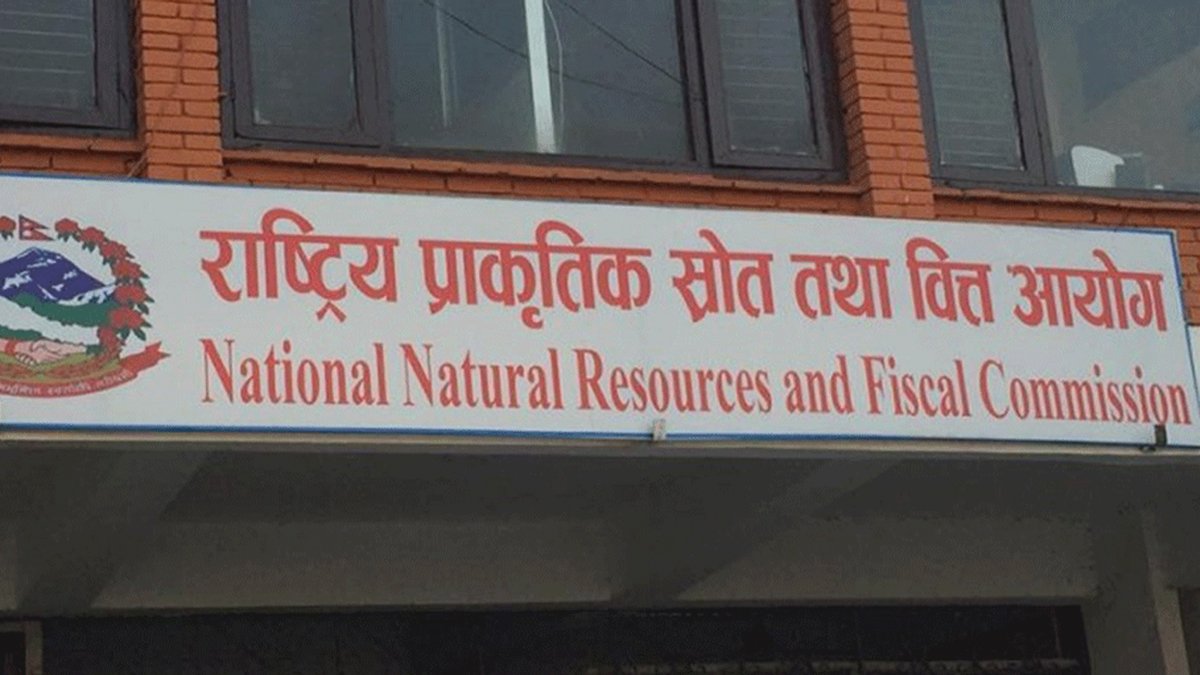
Kathmandu: The National Natural Resources and Fiscal Commission (NNRFC) has set the internal borrowing limits for Nepal’s federal, provincial, and local governments for the upcoming fiscal year 2082/83 (2025/26). These recommendations aim to ensure fiscal responsibility while promoting capital investments that generate economic returns.
According to the Commission:
-
The federal government can raise internal debt up to 5% of the projected national GDP.
-
Provincial and local governments may borrow up to 12% of their combined internal revenue and intergovernmental fiscal transfers.
The Commission emphasized that internal borrowing should fund capital-generating projects, such as transformative infrastructure, national pride projects, and other priority programs that deliver measurable economic outcomes. Borrowing for administrative or operational expenses is strictly discouraged.
Key Highlights
-
Only productive investments: Internal debt must support long-term benefits like job creation, income growth, infrastructure development, and capital formation.
-
Proper approval required: Provinces and local governments must follow legal processes and secure federal approval before using internal debt in their budgets.
-
Limited current utilization: Although some provinces, like Gandaki, have included internal borrowing in budgets, no loans have yet been raised according to the Public Debt Management Office.
-
Legal framework: Article 251 of the Constitution of Nepal (2015) and Section 14 of the Intergovernmental Fiscal Arrangement Act, 2017 authorize the NNRFC to recommend borrowing limits, while only the federal government can secure external loans.
Context and Challenges
Since federalism was implemented, provinces and local governments have gained greater fiscal autonomy, including budget preparation and audits. However, internal borrowing mechanisms remain largely untested. Provinces like Bagmati and Sudurpashchim show readiness, but capacity gaps and procedural delays have slowed implementation.
With these recommendations, the NNRFC aims to encourage responsible borrowing that strengthens Nepal’s fiscal system while supporting economic growth.
Useful Links:



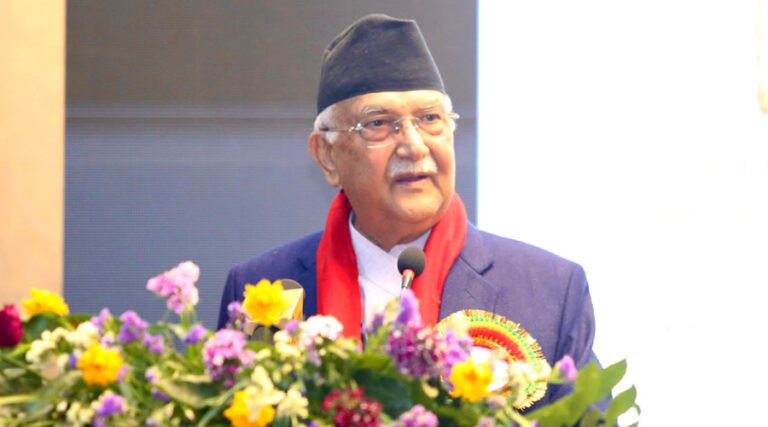
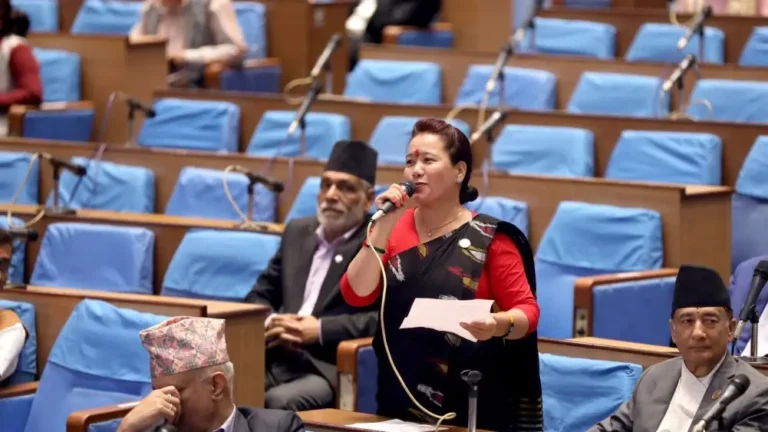


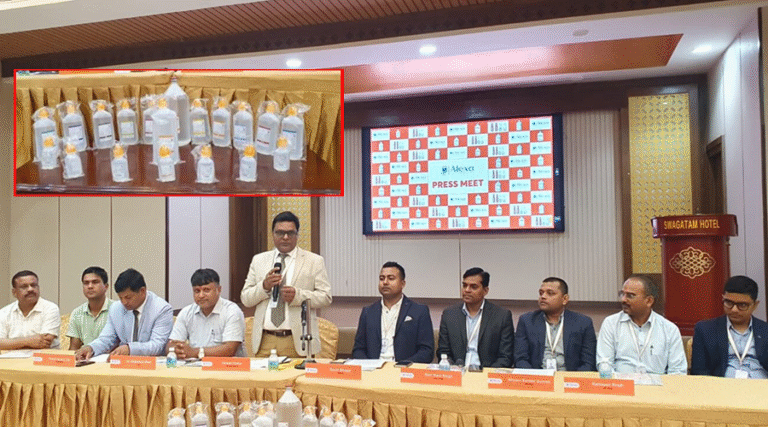

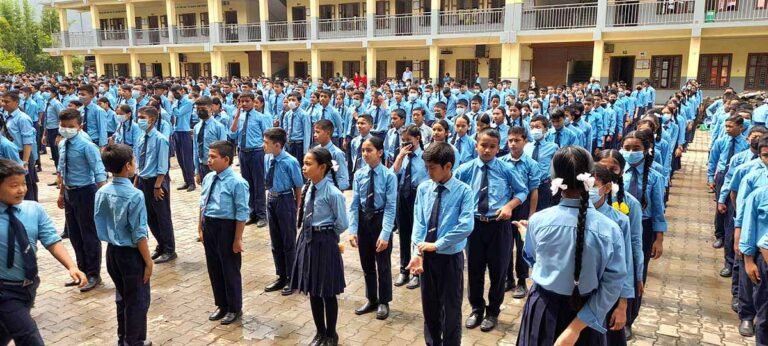




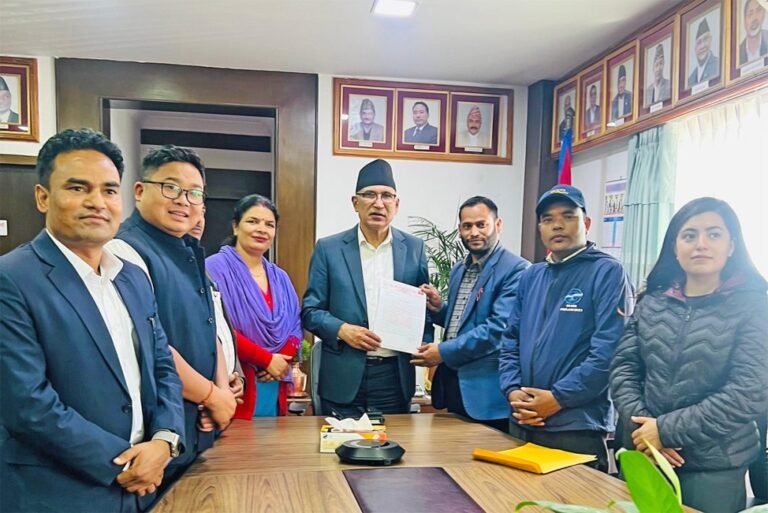
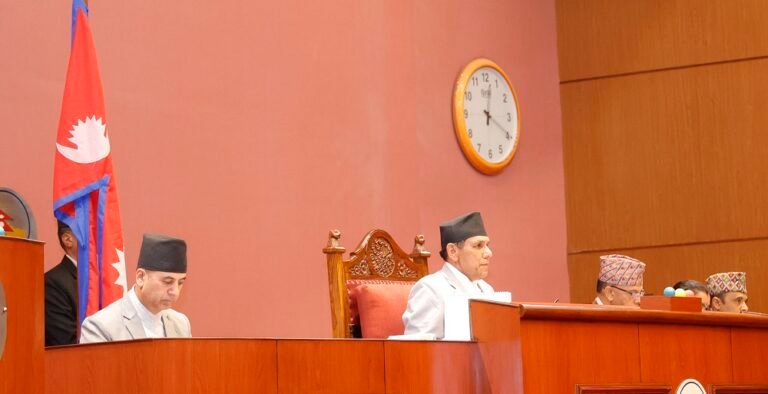


Please login to leave a comment.
Login to Comment